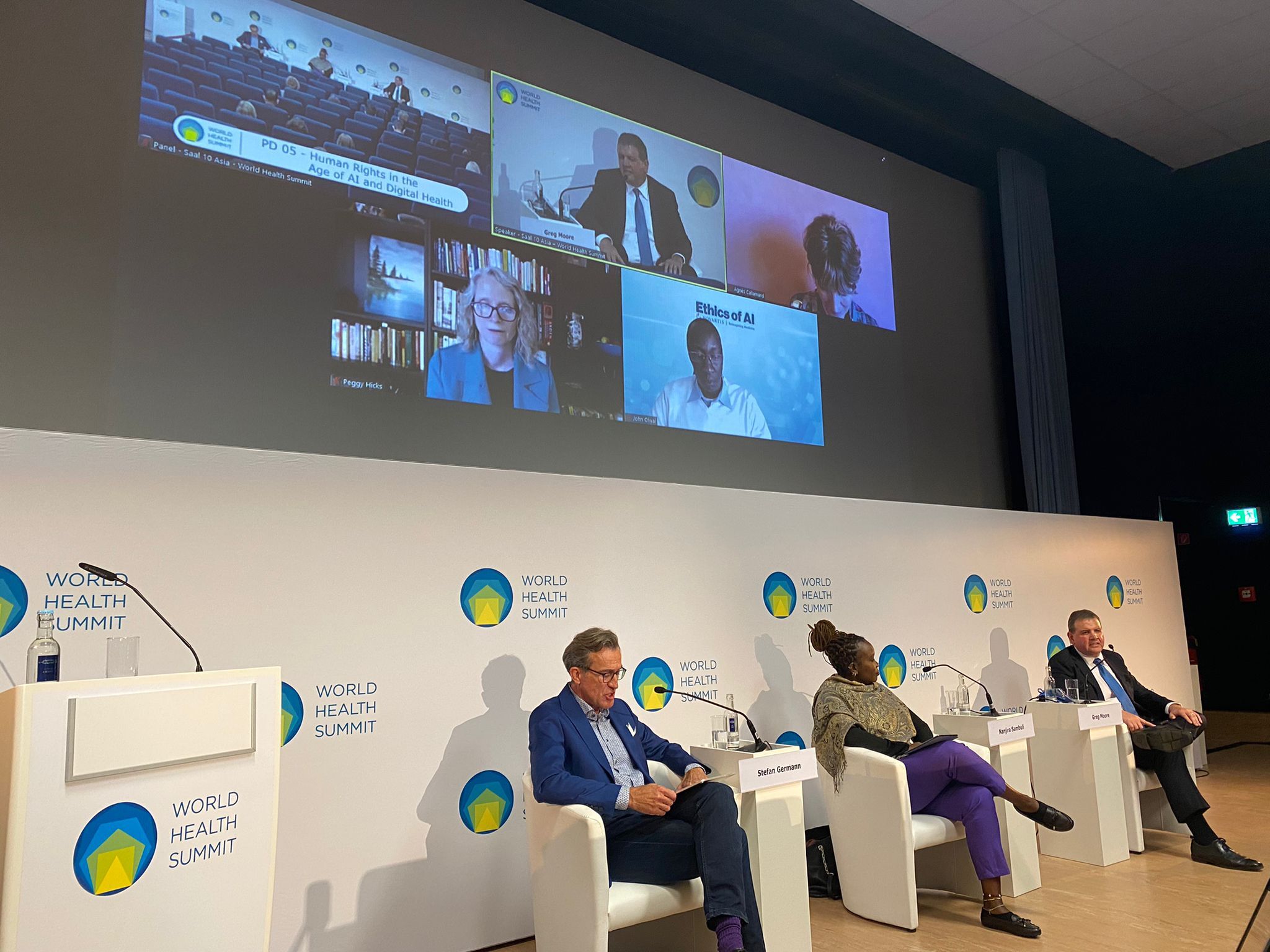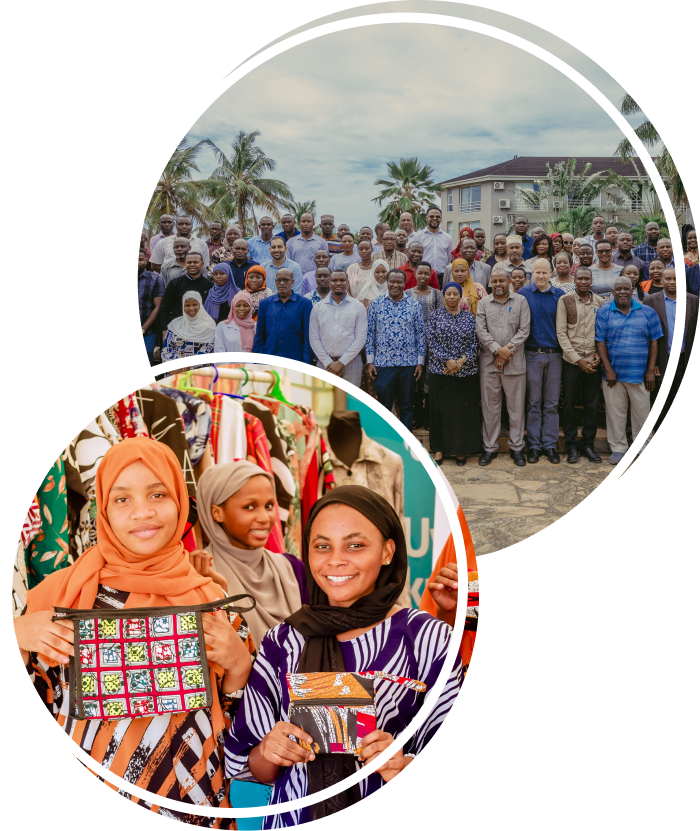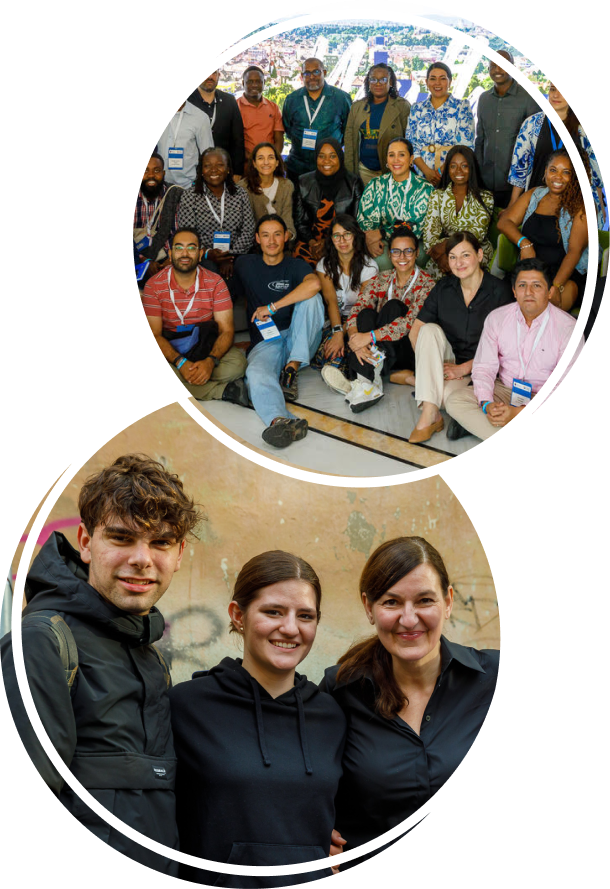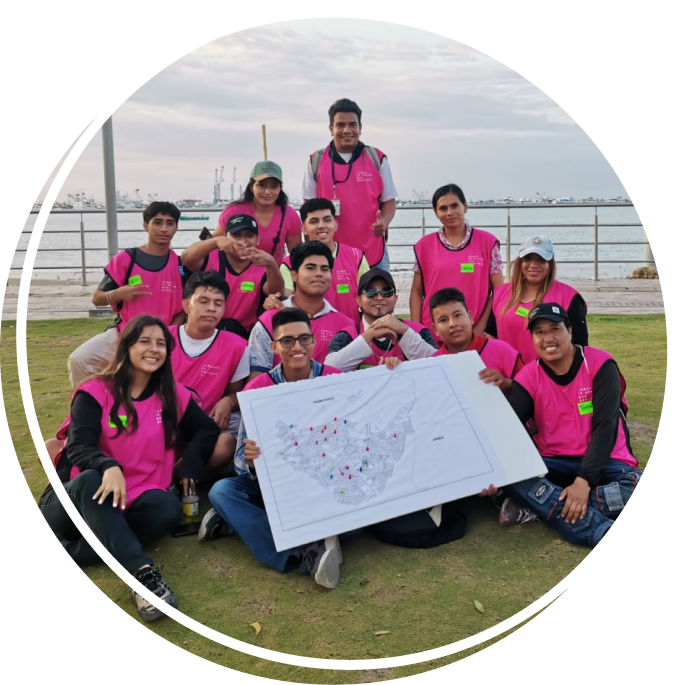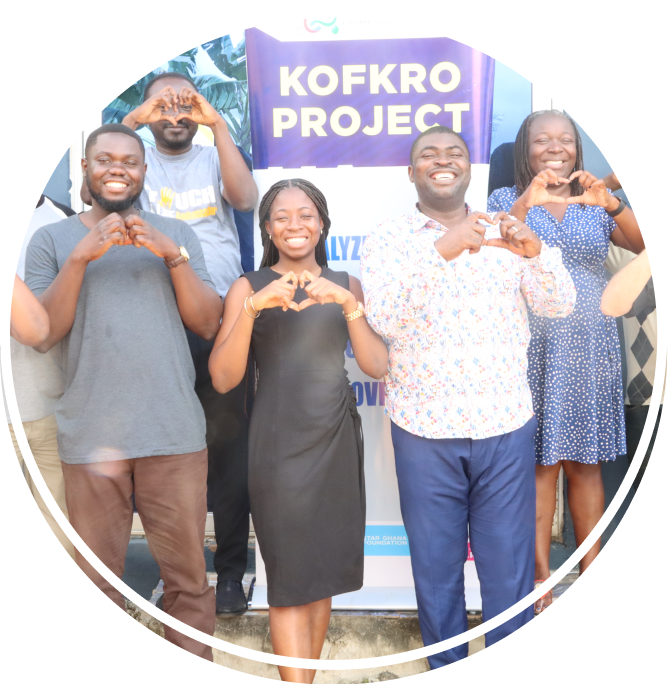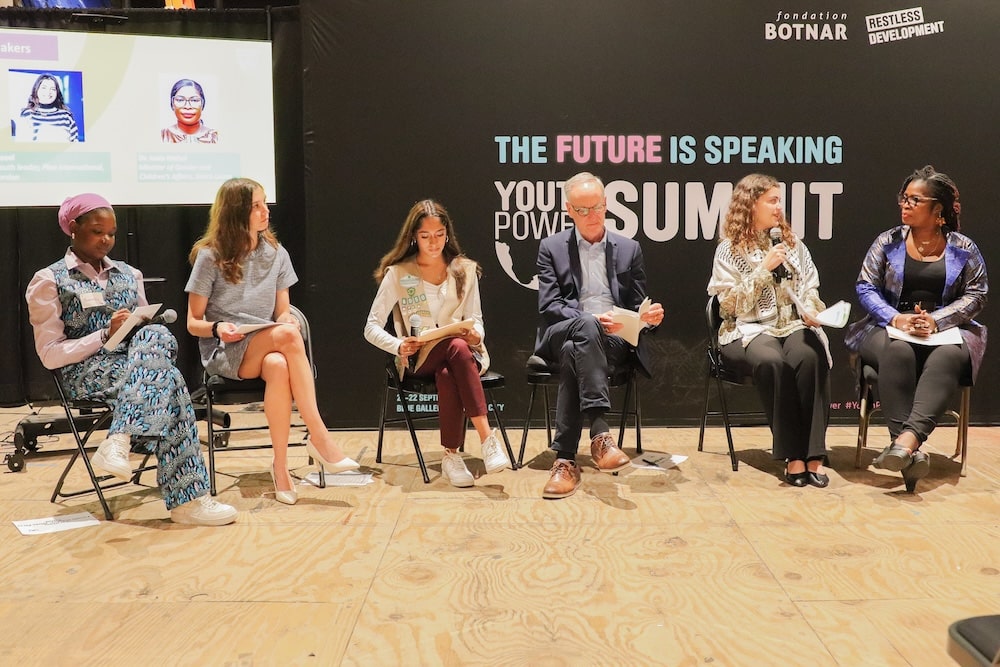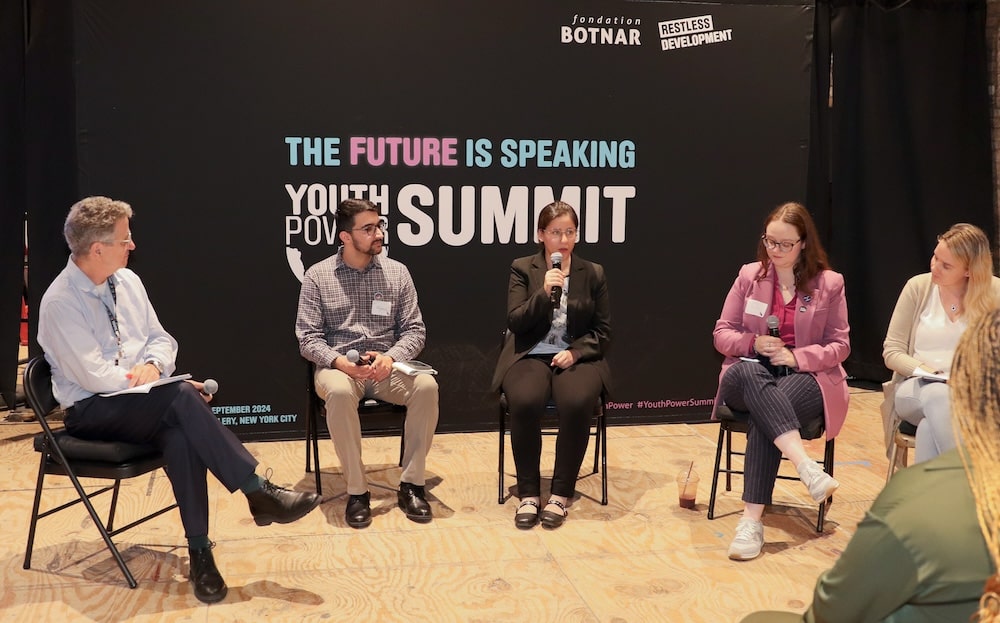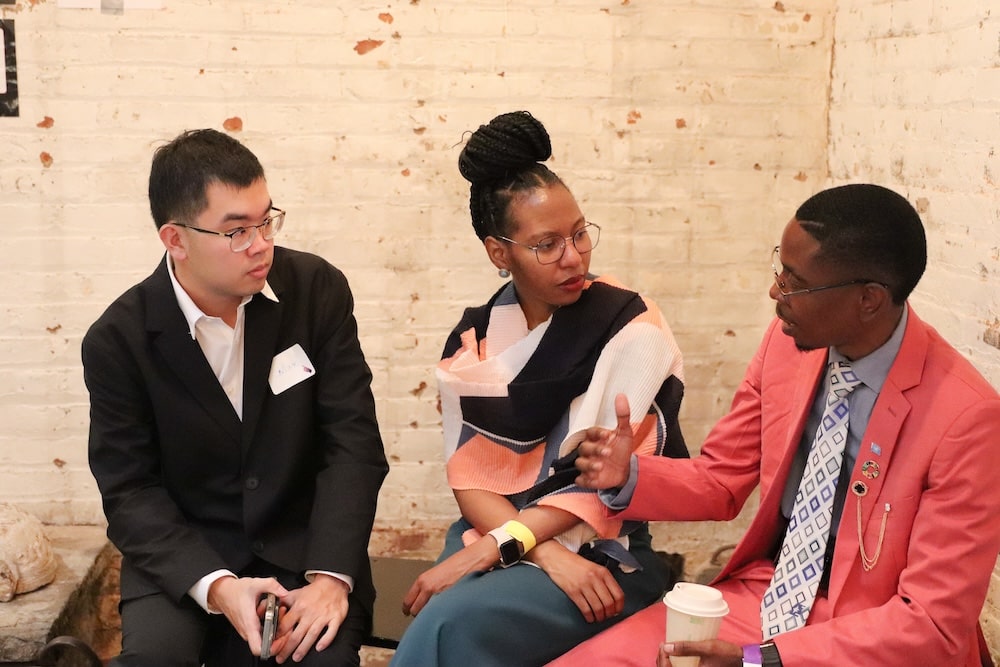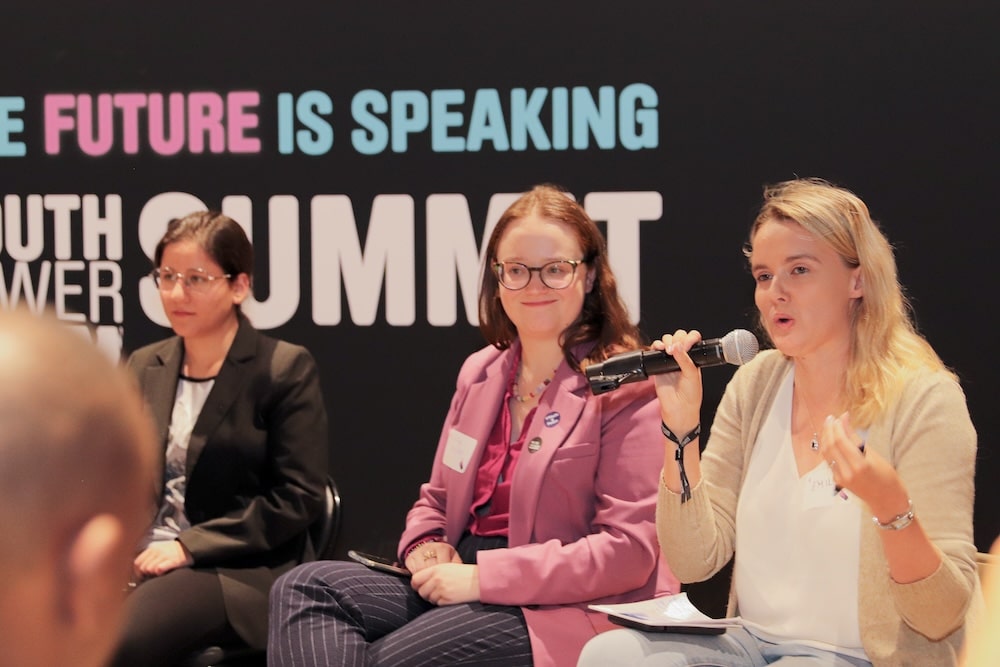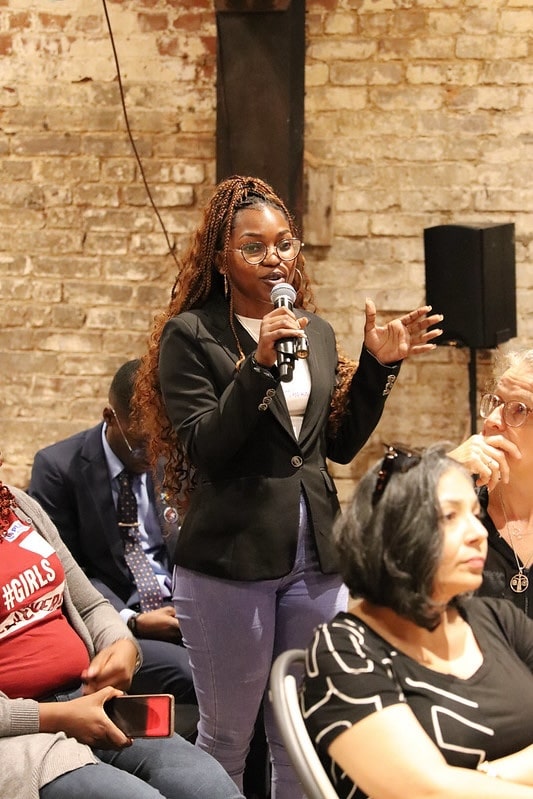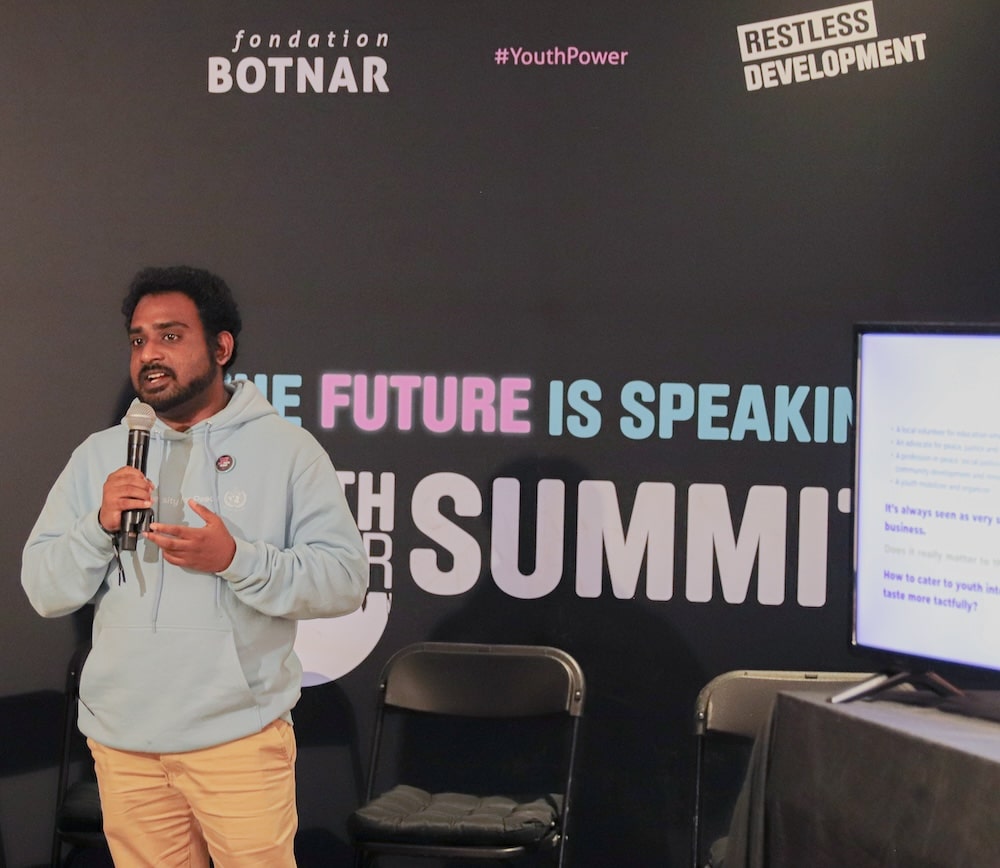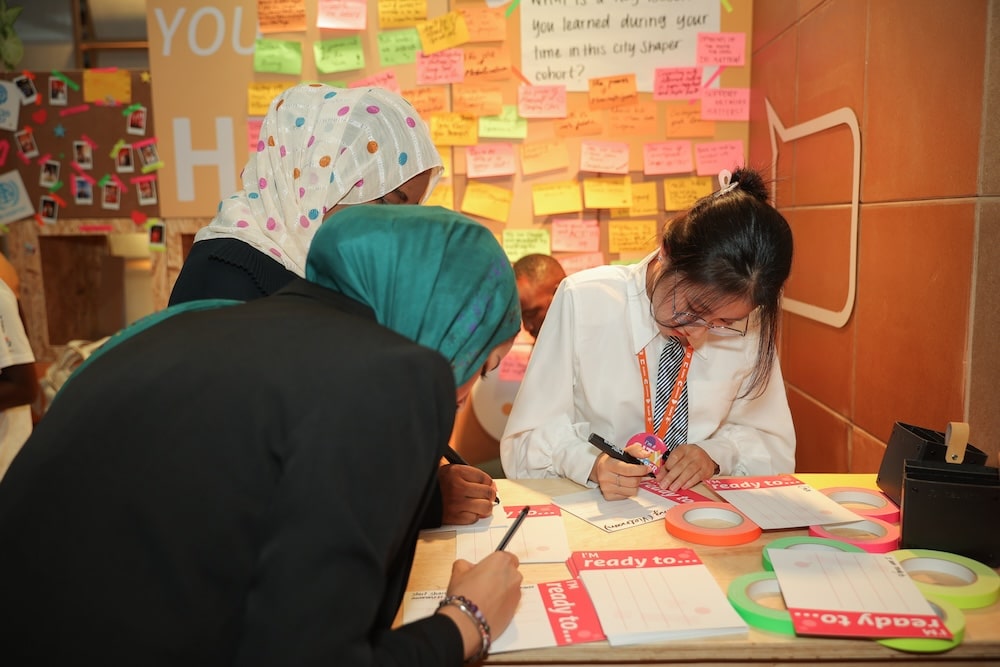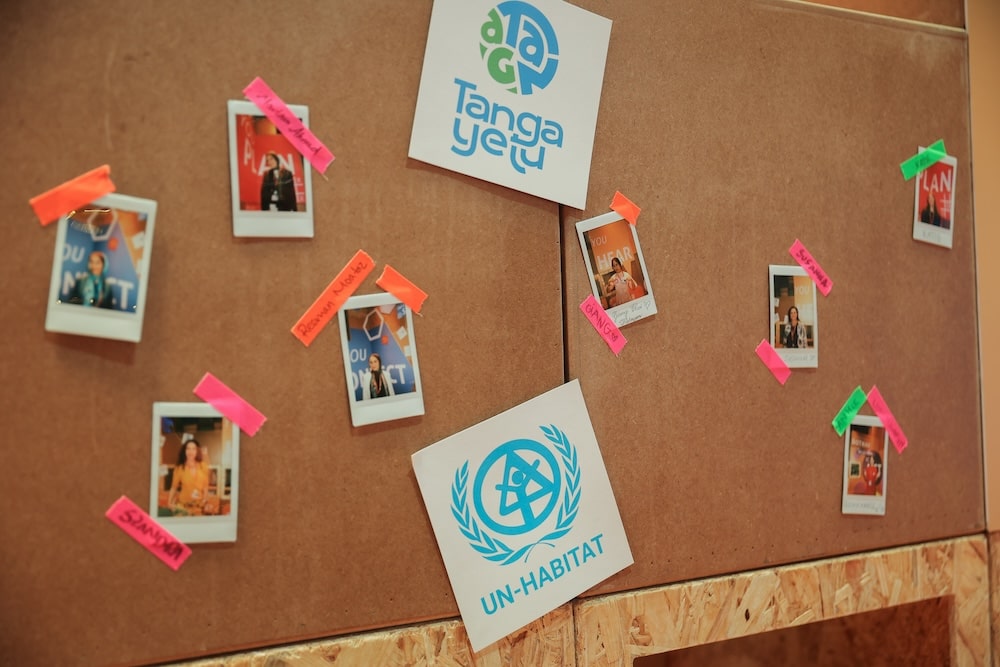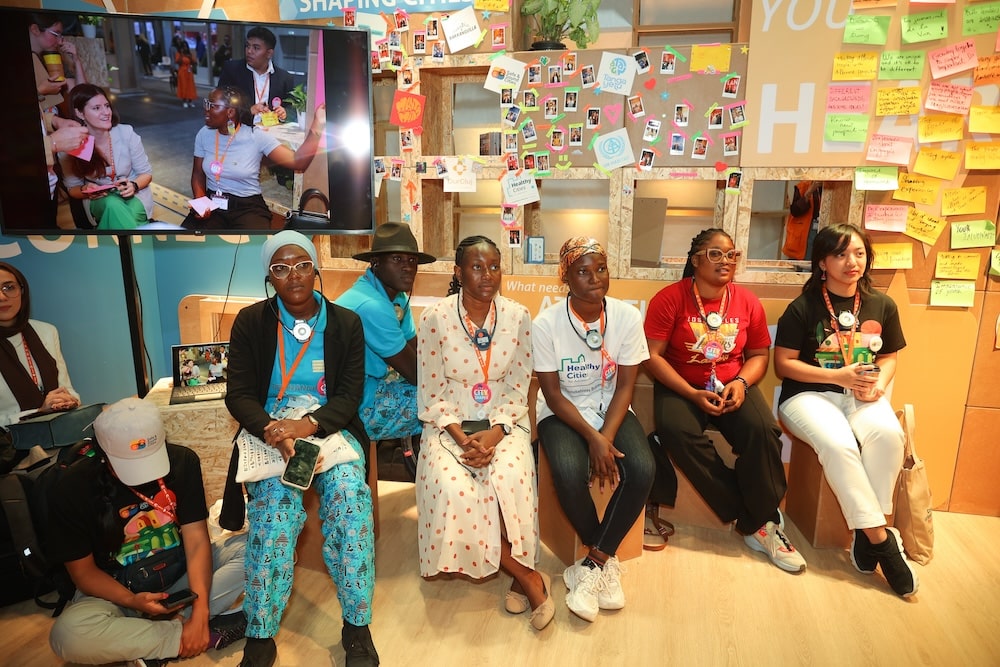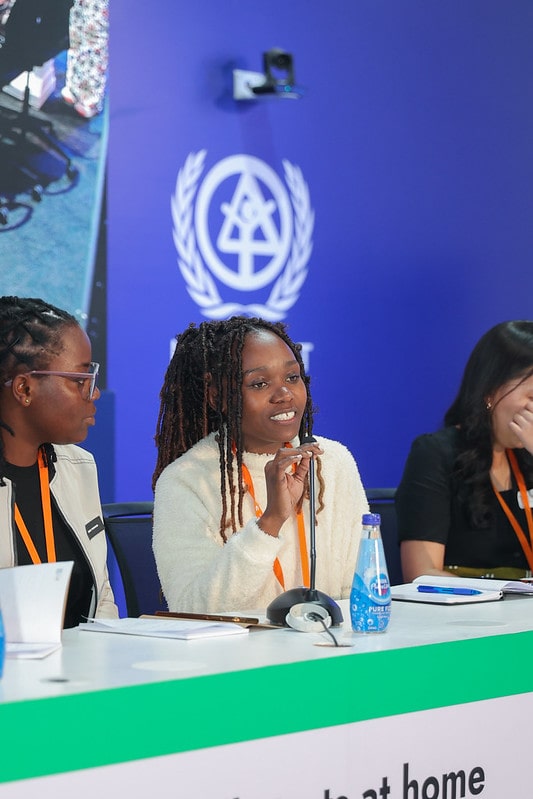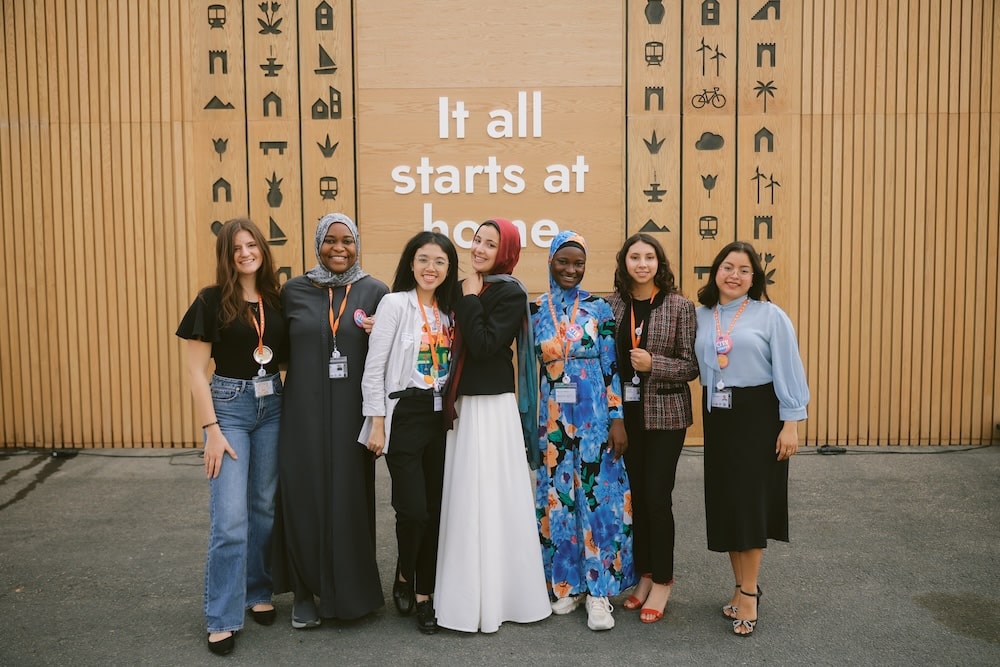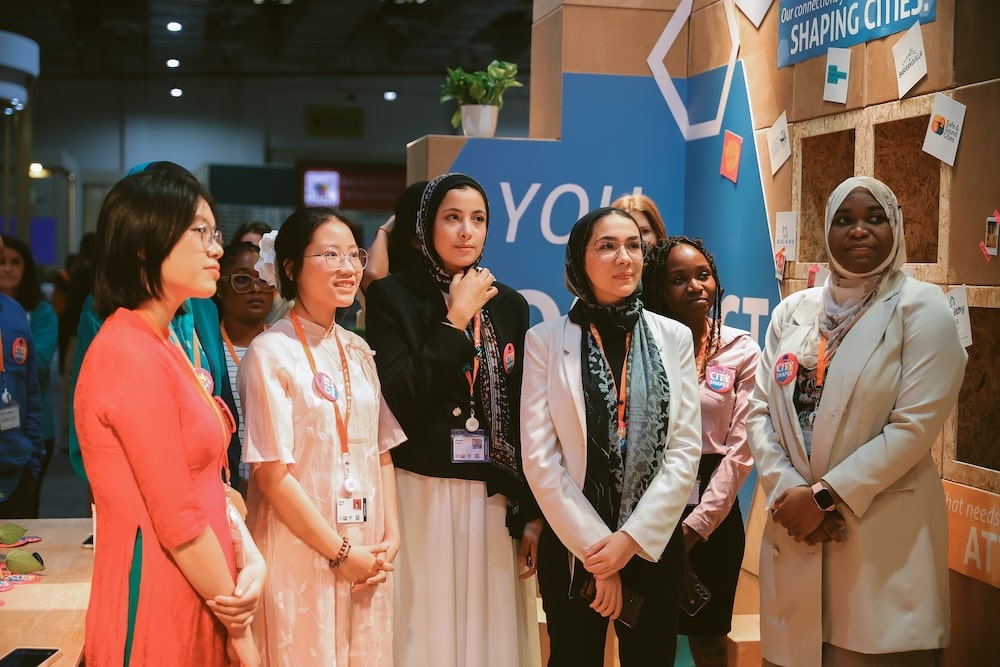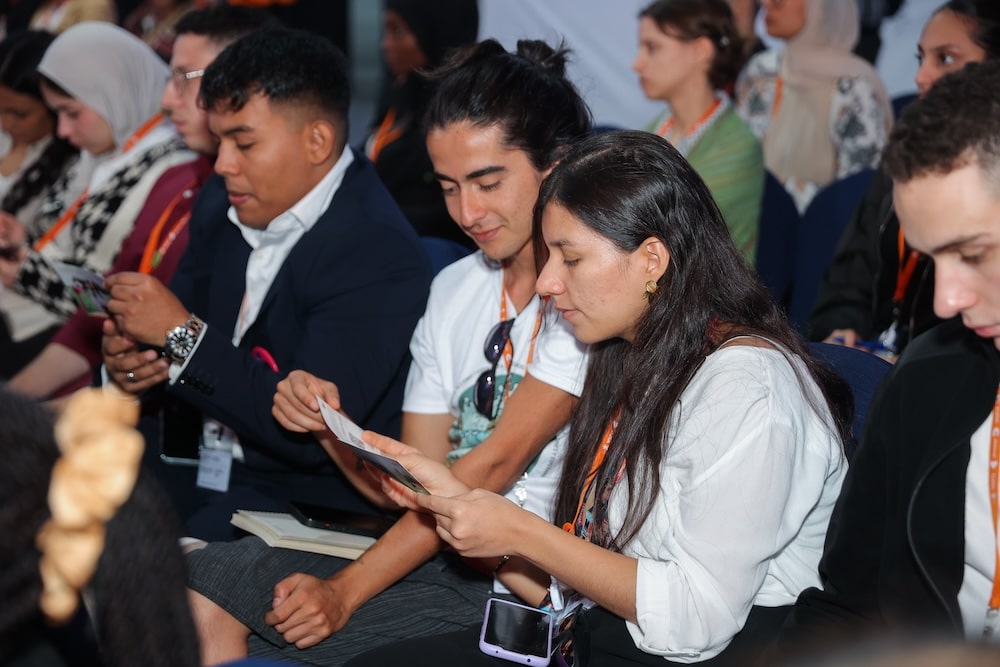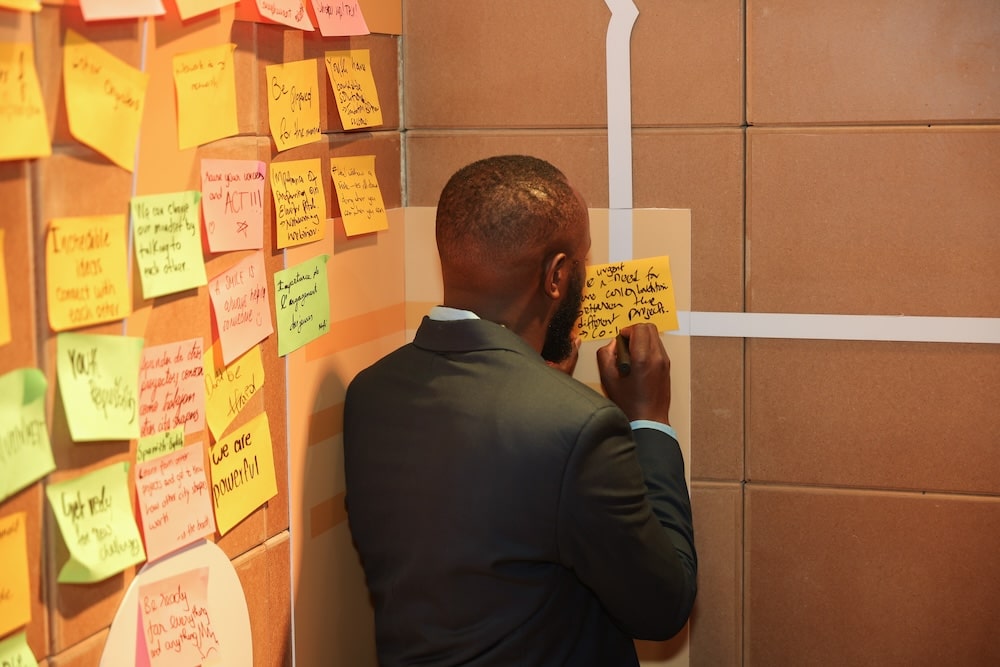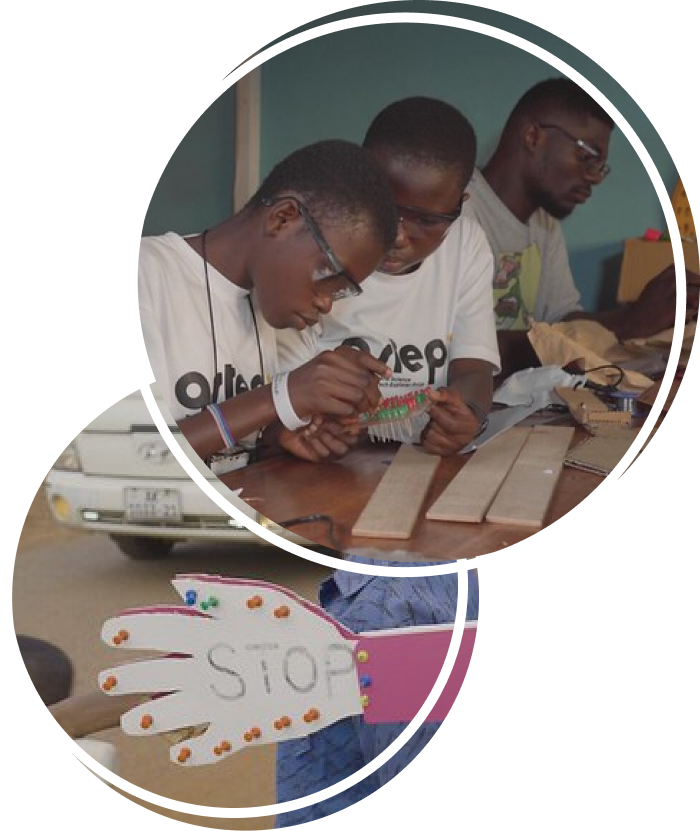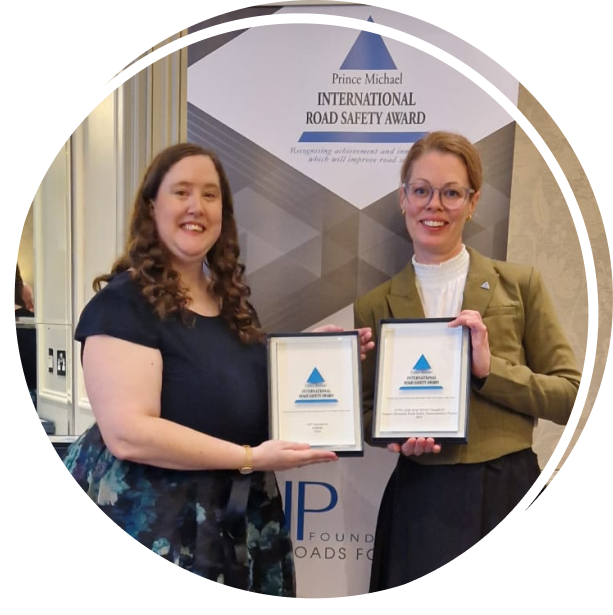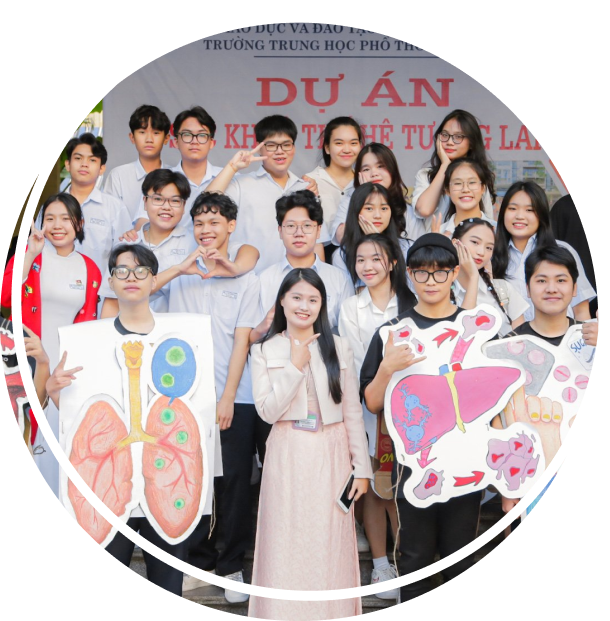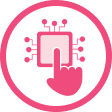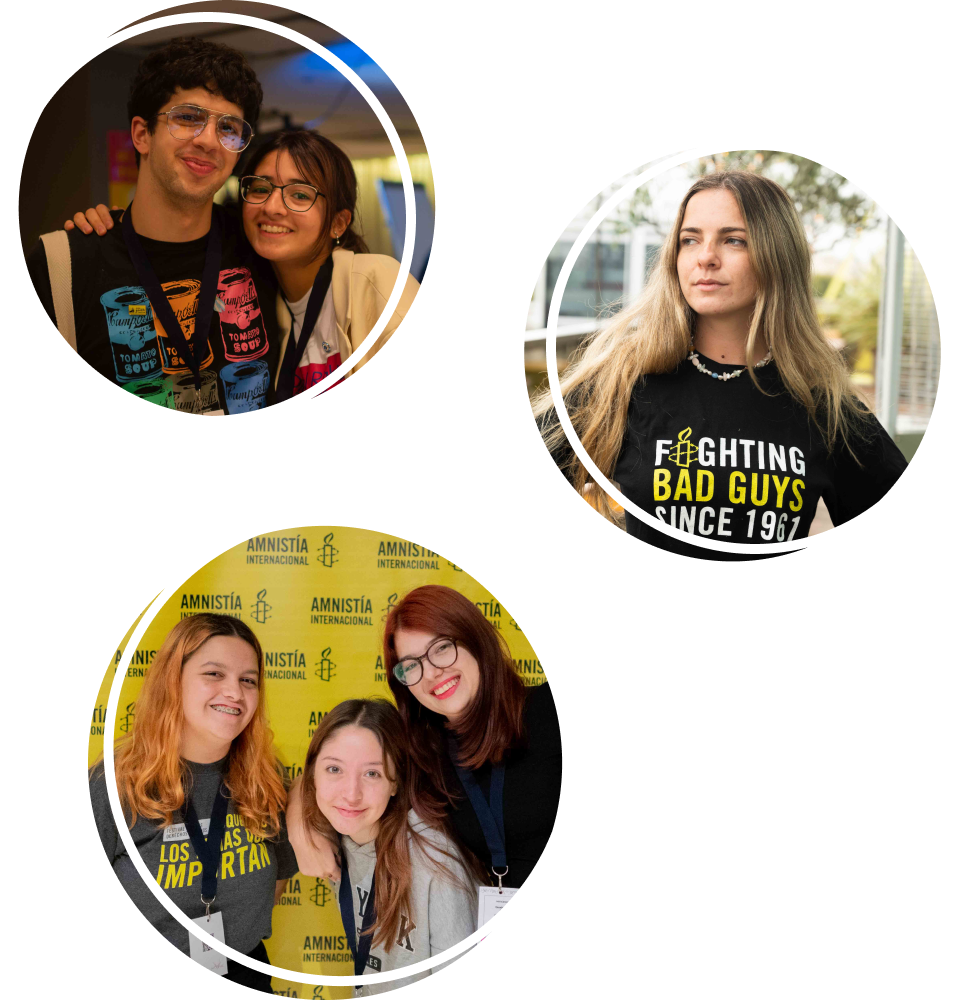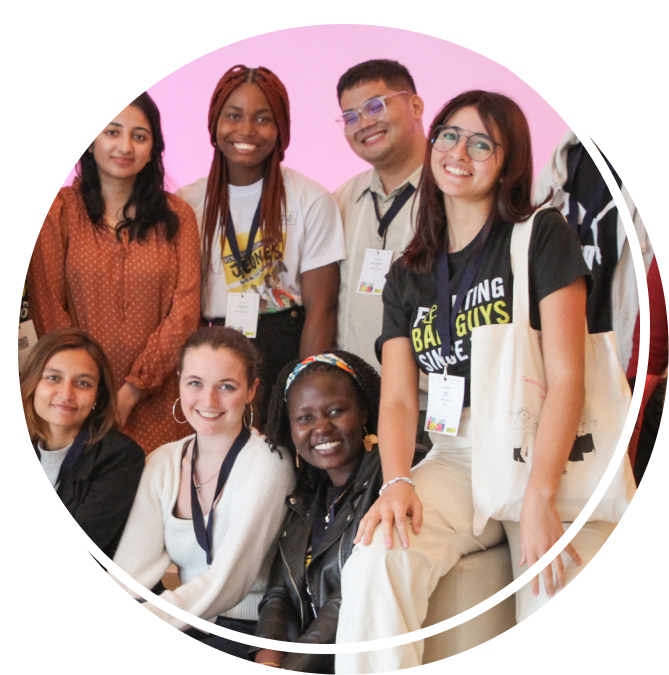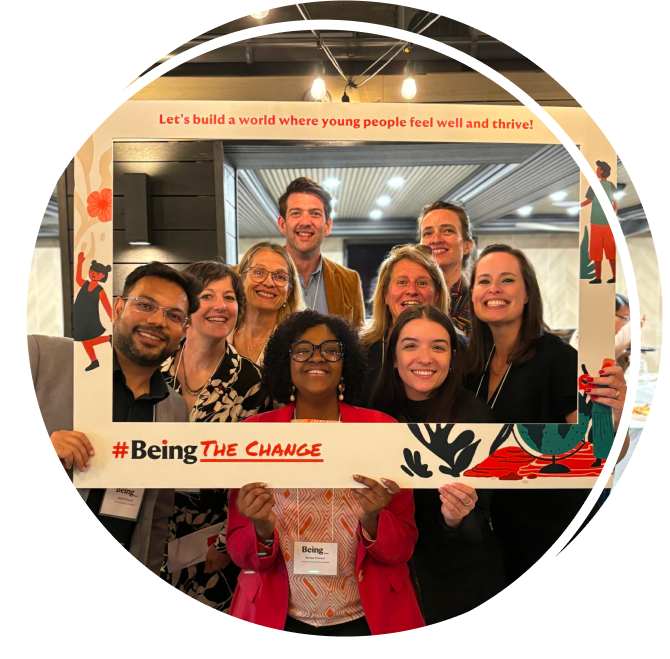In October, we hosted a session at the World Health Summit exploring how AI and digital health technologies can be leveraged without undermining human rights. Our incredible panel consisted of Peggy Hicks from the UN Human Rights Office, Dr. Greg Moore from Microsoft Health, John Olwal from Novartis, Nanjira Sambuli, Co-Chair of the Transform Health coalition, and Dr. Agnes Callamard, Secretary-General of Amnesty International, and it was moderated by Fondation Botnar’s CEO, Stefan Germann. On the occasion of Human Rights Day tomorrow, we are looking back at the session and reflecting on priorities for equitable AI and digital transformation moving forward.
The panelists explored how digital health provides tremendous opportunities to accelerate progress towards achieving Sustainable Development Goal 3. We also to need to carefully – and urgently – make sure that human rights are respected. Robust health data governance principles, inclusive dialogue, and bridging the digital divide will be critical for digital health transformation to respect and protect human rights.
Watch the full panel discussion and read about our key takeaways below.
The conversation was incredibly insightful and some of our takeaways include for diverse partners to act on the digital divide, the importance of fostering an inclusive dialogue, and to implement accountability mechanisms to protect human rights in the digital sphere.
1. The digital divide is real, and we need to act now.
Internet connectivity and access to information is available to more people than ever before. However, access to the internet is far from universal, and especially limited in many low-and middle-income countries. We need to carefully watch growing inequalities between demographics and create digital health opportunities for all.
We need diverse partners to get involved to reduce this gap, addressing both supply as well as demand. Thorough infrastructural and contextual analyses should be conducted before rolling out digital health technologies to make sure they will work in their specific contexts; we must consider the demographic differences and who has access to phones and other digital devices to take advantage of digital health opportunities. As technologies spread and become increasingly important, unfair and unequal distribution of access as well as of the resulting health and socioeconomic benefits will lead to significant political, socioeconomic, and cultural challenges.
2. We need an inclusive dialogue and diverse actors.
A space for dialogue and collaboration on human rights in AI and digital will be important for the responsible and ethical development and use of these technologies. Critical initiatives and a stronger voice for civil-society organisations are needed. The recently launched public consultations on health data governance principles by Transform Health are a good example: To ensure legitimacy and broad-based ownership, the principles were developed and driven by civil society through an inclusive, participatory and consultative process of regional workshops.
Diverse perspectives need to be at the centre of this conversation: from communities in low, middle and high income countries, to policy makers, funders, private sector representatives and tech entrepreneurs, patients and health workers, ethicists and rights experts, and many more across the globe.
3. Accountability to protect human rights in AI and digital.
Both private and public actors need to be held accountable to human rights standards. This entails, for example, comprehensive aforementioned efforts toward ensuring that health data is collected and used in an effective, but precautionary manner. But a human-rights respecting digital transformation goes beyond health data governance and we need more holistic human rights impact assessments to be integrated across the lifecycle of digital technology in healthcare. Such assessments would help to avoid and mitigate the risks of human rights not being respected in digital health.
Last week during Digital Health Week we were proud to announce that over the next three years, Fondation Botnar is committing to allocate CHF 25 million to a new portfolio of work, including programs, policy, advocacy and partnerships, at the intersection of human rights and digital health. We are determined to ensure that digital health interventions address health inequalities among young people and promote human and child rights-based governance of the use of digital data and platforms, and artificial intelligence. We are excited to also continue this conversation with Devex on Instagram on Friday, 10 December. Together with three inspiring youth activists and experts, we’ll explore how the digital space is affecting human rights. Join us here.
